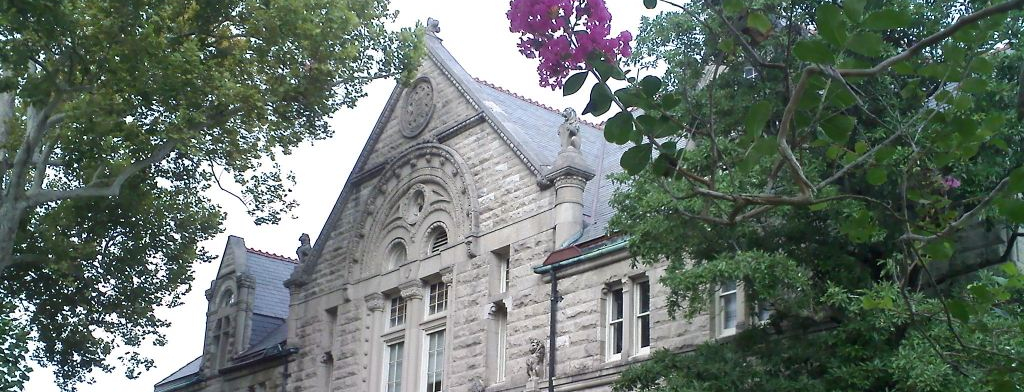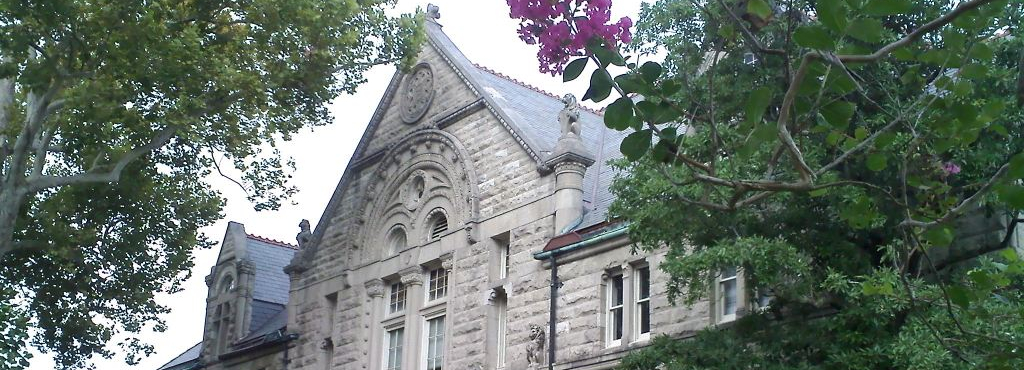This week, our IvyWise intern, Becca, shares what she loved about attending Tulane University in New Orleans, Louisiana.
I have always believed that attending college in New Orleans is like studying abroad for four years. The food, music, and Mardi Gras make living in the “Big Easy” an experience unlike any other. “Lessez les bon temps roulez” (let the good times roll) is a city mantra ever apparent throughout NOLA, including on the campus of Tulane University.
Only a few miles from the French Quarter, bordering the Garden District (a neighborhood straight out of a storybook), across the street from the majestic Audubon Park, and a short walk from the Mississippi River lies Tulane’s Uptown campus. Academically challenging and historically rich, Tulane has evolved into a Southern-rooted school with a strong northern presence, due to over 30% of the student body hailing from the Northeast.
When I was making my college visit rounds, Tulane was the first campus where I stepped into the main academic quad and thought, “this is what college looks like,” and I fell in love. The campus is made up of old stone buildings separated by green grassy quads sprinkled with students reading books, frisbees being thrown year round thanks to the tropical climate, and live jazz music every Friday at the student center. Tulane’s size, with 6,000 undergraduates, allows for an intimate student body and small classroom sizes, and yet I was meeting new friends well into my graduation week.
Campus Culture With New Orleans Flavor
The school, much like the city it calls home, is truly unique. Professors teach classes outside under large oak trees seasonally decorated with Mardi Gras beads thrown by students returning from the parades. Football games are currently played in the splendor that is the Superdome. Springtime brings Jazzfest to the city and — my personal favorite — Crawfest to campus, an event open to the community where 75,000 pounds of crawfish and live music is served with a side of perfectly seasoned potatoes and corn.
Trips to the Louisiana bayou for swamp tours, the Florida panhandle for beaches, and out to Ponchatoula for the Strawberry Festival are Tulane student staples. But weekends are not only spent touring the south and exploring the history and culture of the French Quarter, home to the longest running public market in the country and New Orleans food classics like beignets and jambalaya. They are also a time for students to give back to the city they have fallen in love with.
Public service is a requirement in Tulane’s core curriculum, and community service clubs and events reach far beyond necessity for students. Tulanians tutor in local schools, build and rebuild homes in the Ninth Ward and West Bank, and install energy saving light bulbs throughout the city, among other ongoing projects. Service comes with the New Orleans experience, and only enhances the connection between students and the greater community.
Tulane Offers More Than Just an Education
When I chose to attend Tulane, I did not realize that the school would give me much more than just an education and a degree. I particularly enjoyed how professors were able to integrate the city into their curriculum. Through professors of social history in New Orleans granting extra credit for attending a brass band concert, or having an education course that corresponded with volunteering at local charter school, I was able to learn, absorb, and understand what I was being taught on a new level. New Orleans is a small city with a lot to offer and Tulane works continuously to make sure the relationship between the residents and the university is strong.
Thanks to my four years in New Orleans, I can tell the difference between Creole and Cajun food. When someone yells “Who dat?” at me I know how to answer. I smile when I hear “When the Saints Go Marching In,” and I know that a parade isn’t just a parade, it is a “krewe” and a way of life. But most importantly, I discovered a city and a school that embraces all who call it home.
Insider Tip: Eat often and eat plenty. New Orleans cuisine is delicious, diverse, and cheap so get ready to become a foodie and don’t be afraid to try new things (alligator cheesecake anyone?). Food festivals from BBQ to Po Boys occur weekly and are often coupled with an array of jazz and blues bands. Tulane also brings the food to students. Dining services frequently stir-up gumbo and jambalaya, and Mardi Gras brings the city’s largest king cake to the center of campus where students can decorate a piece and eat up on the way to class. Whether you’re eating at Emeril’s or Crepes a la Carte (a local student eatery open until 5 am), your taste buds will not be disappointed.




